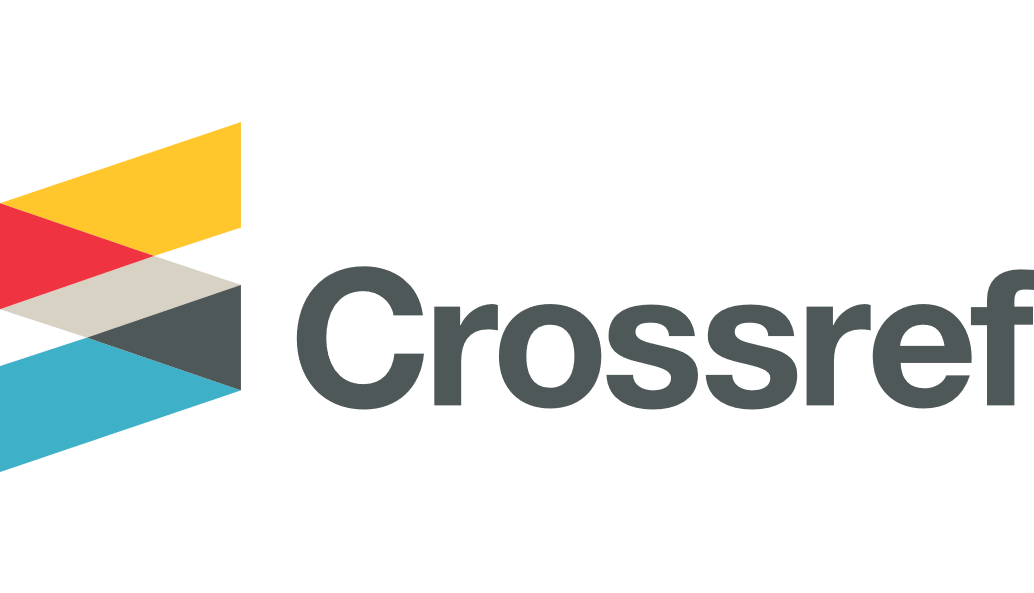Keywords
esophageal cancer, McKeown esophagectomy
Disciplines
Medicine and Health Sciences
Abstract
Esophageal adenocarcinoma has seen an increased incidence due to gastroesophageal reflux disease , smoking and obesity. There are no established guidelines for screening of esophageal cancer and many patients present late in their disease process. Most early stage adenocarcinoma of the esophagus is treated with neoadjuvant chemotherapy and radiation follow by surgical resection in suitable operative candidates. We describe a case of locally advanced esophageal cancer, where the patient had a relatively insignificant response to neoadjuvant chemotherapy and radiation, who was then treated by open direct resection of the esophagus and proximal stomach (three field McKeown approach) with lymphadenectomy. The patient did well after surgery apart from pneumonia and increased secretions that required tracheostomy. There were no surgical complications such as anstomotic leak or chylothorax. Pathology showed T2N0 disease.
Locally advanced esophageal cancer in the mediastinum occasionally requires an open direct approach for direct assessment of resectability and full mobilization of the esophagus and subsequent complete cancer free surgical outcome. We felt that this was a necessary procedure under these circumstances due to the large mass effect of the tumor, and a preoperative staging of T2N3. The mainstay of esophageal resection continues to be minimally invasive procedures for early stage esophageal malignancy where assessment of resectability and direct mobilization from the mediastinum are typically not an issue.
Recommended Citation
Cooper MH, Bown P, Pacioles TO.
Surgery for Esophageal Adenocarcinoma: Three field open McKeown procedure has a role in assessment and treatment of extensive locally advanced esophageal adenocarcinoma with a favorable clinical and pathological outcome..
Marshall J Med.
2019;
5(2): 34
DOI: https://doi.org/10.33470/2379-9536.1205.


